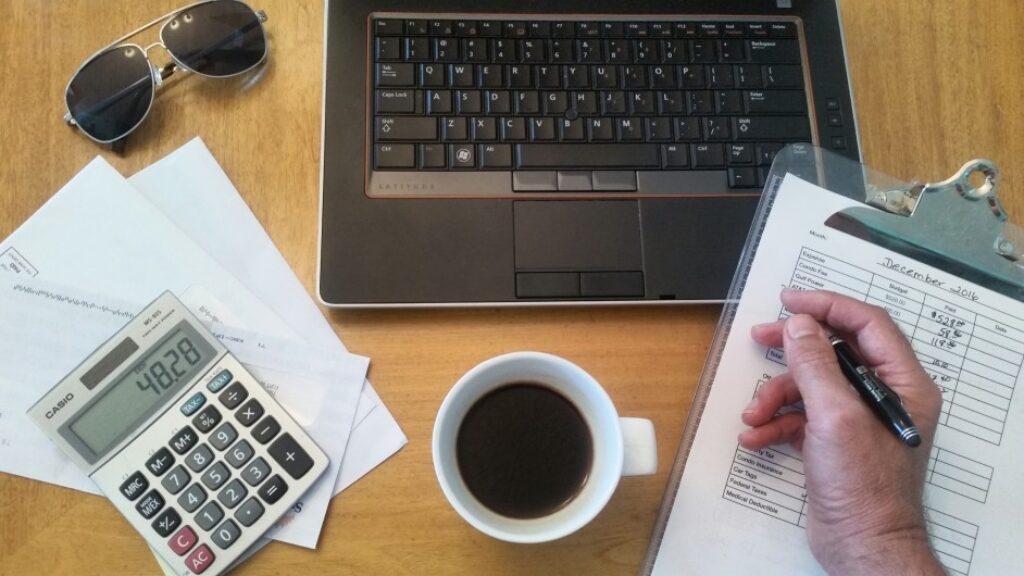
In today’s unpredictable world, financial preparedness is as crucial as a first aid kit or a fire extinguisher. When calamity strikes, be it a natural disaster, medical emergency, or job loss, the shockwaves penetrate deep into our lives, causing emotional, physical, and economic disruption. Preparing your finances to deal with an emergency can cushion the blow and assist in expediting the recovery process. With this in mind, let’s explore how you can better prepare your finances to weather any storm.
Table of Contents
Building an Emergency Fund
The first and most fundamental step toward financial preparedness is creating an emergency fund. This is a separate savings account designated for unexpected expenses or financial downturns. As a rule of thumb, aim for a reserve that can cover at least three to six months’ worth of living expenses. This can act as a buffer during crises and reduce your need to take a loan for emergency expenses.
Pro Tip: Automate your savings. Set up a monthly automatic transfer from your checking account to your emergency fund. This ‘set and forget’ approach ensures consistent growth of your emergency fund without you having to remember to do it.
Diversifying Your Income Streams

Source: money.slickdeals.net
Relying on a single income source is a risky strategy. Diversify your earnings by exploring additional revenue streams such as part-time work, freelancing, or investing in stocks and bonds. This step further safeguards your finances from potential emergencies and increases your financial resilience.
Pro Tip: Leverage your skills and hobbies. If you enjoy photography or writing, consider selling your photos online or freelance writing. If you are good at teaching, consider tutoring. Turning your passion into profit not only diversifies your income but also makes the process enjoyable.
Protecting Your Investments with Insurance
Insurance is the protective shield that can save you from devastating financial losses during emergencies. From homeowner’s and auto insurance to health and life insurance, these protective measures can ensure quick recovery without depleting your savings. Be sure to keep your policies updated and understand what they cover.
Pro Tip: Reevaluate your insurance needs annually. Life events such as marriage, the birth of a child, buying a house, or a change in health conditions can significantly impact your insurance needs. Make it a habit to review your policies each year to ensure they adequately cover your current situation.
Storing Critical Documents Securely and Accessibly

Source: ashfordrealtygroup.com
Critical documents like financial statements, insurance policies, medical records, and personal identification should be kept in a safe yet accessible place. Consider storing digital copies of these documents in a secure cloud service. Accessibility to these records can expedite the recovery process during emergencies.
Pro Tip: Use a digital vault service. These services offer highly secure storage for digital copies of your important documents. They can be accessed from anywhere, which is critical if a physical disaster prevents access to your home.
Creating a Household Inventory
This might seem tedious, but a comprehensive household inventory can prove incredibly beneficial when dealing with insurance claims after a disaster. Document your possessions, and their value, and keep this record updated for quick and efficient claims.
Pro Tip: Use an app to simplify inventory management. Several apps allow you to record, categorize, and update your household items with ease. Many of them also let you store pictures, which could be helpful when making an insurance claim.
Reviewing and Updating Your Plan

Source: sunshinecoastconsulting.com
Financial preparedness is not a one-time task; it requires regular monitoring and updating. Economic situations change, as do personal needs and expenses. Regularly review your emergency fund, investments, insurance policies, and critical documents to ensure they align with your current situation.
Pro Tip: Set a recurring financial health check-update. Just as you schedule regular medical check-ups, set a date every few months to review your financial plan. This could be done at the beginning of a new season, tax time, or the start of a new year – whatever helps you remember.
As we navigate through life, we are bound to encounter unexpected challenges. While we cannot always prevent them, we can certainly prepare for them. As Benjamin Franklin wisely put it, “By failing to prepare, you are preparing to fail.” Therefore, investing time and effort in Preparing Your Finances to Deal With an Emergency can be a lifesaver when faced with adversity. It ensures that you have a solid plan to fall back on, allowing you to focus on what truly matters – recovering and rebuilding. Remember, financial preparedness is not about predicting storms but building ships sturdy enough to weather them. Stay prepared, and stay resilient!







